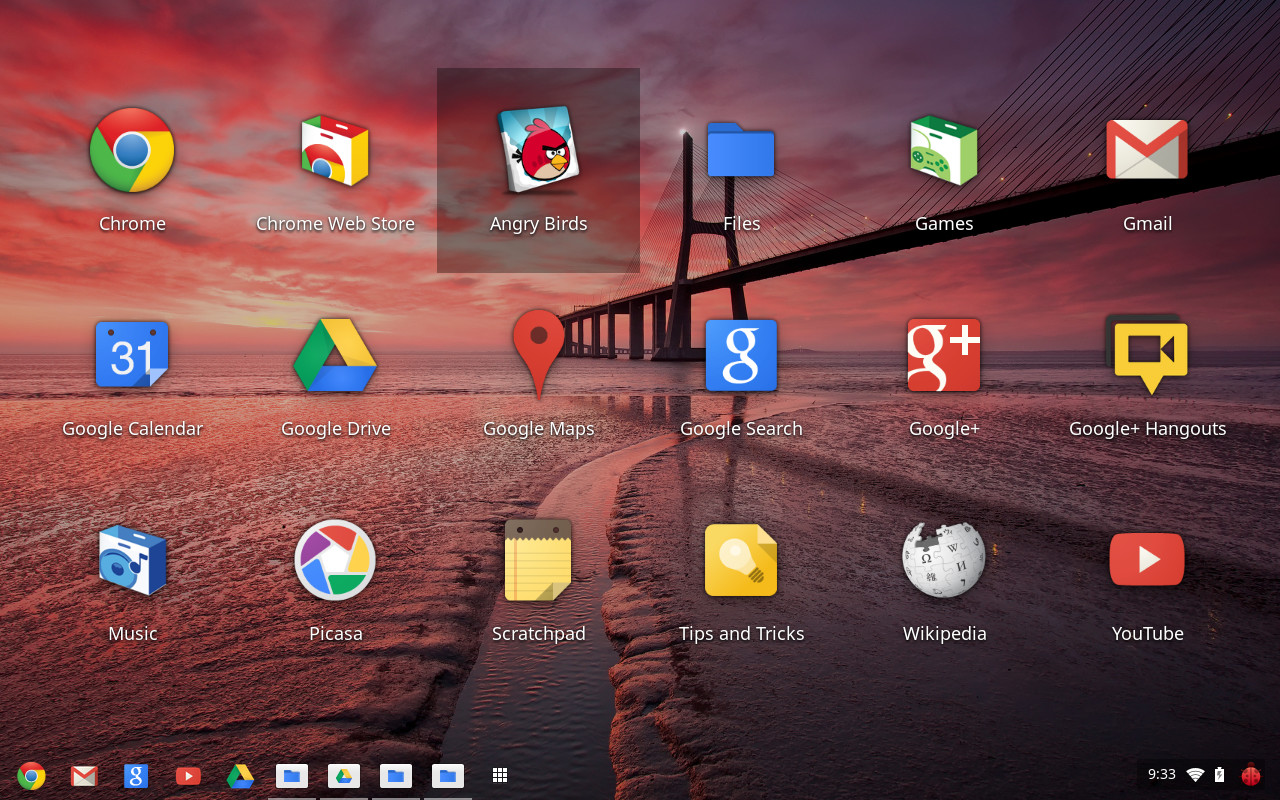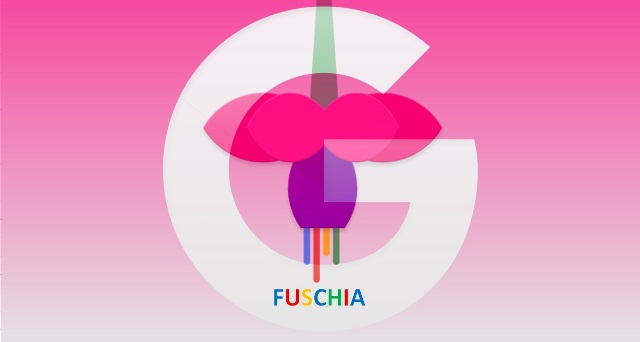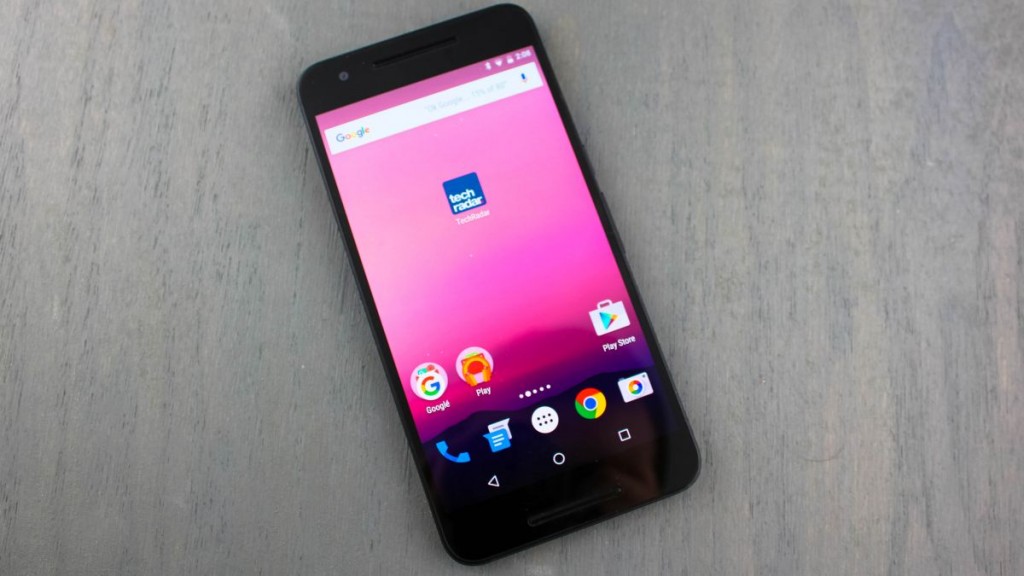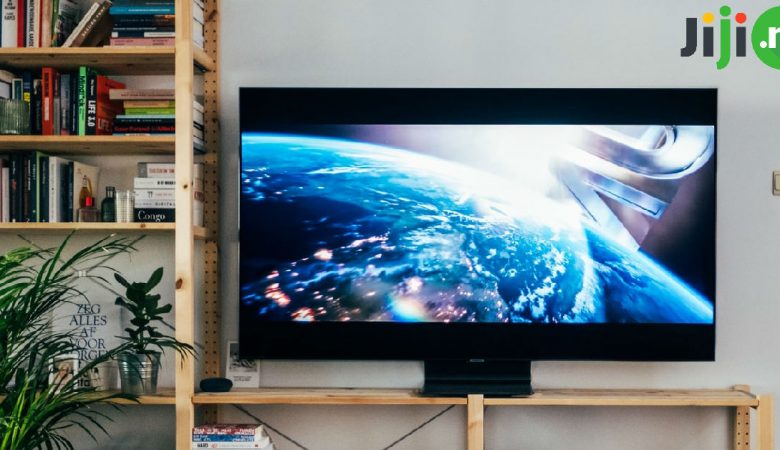Since August 2016 the tech community has been buzzing about the latest addition to the OS market from Google – an open source operating system called Fuchsia. Unlike other Google releases, this one wasn’t widely advertised; in fact, everything we know about Fuchsia OS comes from third parties and not Google itself. The new OS seems to be a big mystery, but, thanks to the geeks from around the world, we can finally learn what Fuchsia OS is all about, and now you’re about to know it too!
Explore the world with Jiji.ng
What is Fuchsia OS by Google?
Fuchsia is a seemingly chaotic collection of code that can be found on GitHub and Google’s dedicated Fuchsia page. Although this information hasn’t been confirmed by Google, but all signs point to the code being the early stages of the development of a brand new operating system. It’s a well-known fact that the two other Google operating system, Android for mobile devices and Chrome OS for desktop computers and laptops, are both based on the Linux Kernel. The new Fuchsia OS is, however, not, and is instead powered by Magenta, a microkernel.

What exactly is Magenta?
The microkernel Magenta, which became the basis for the new Google OS Fuchsia, is founded on a project known as LittleKernel. This project was developed for embedded operating systems – in other words, the systems that don’t need a dedicated OS and usually run on devices like GPS routers or smart watches. It’s not the first time Google has been working on embedded systems, and the list of developers that can be found on Fuchsia’s GitHub page, has at least two names who have previously been linked to embedded OS.

Where will the Fuchsia OS be used?
Even though the true purpose of Fuchsia remains a secret for the moment, many tech experts predict that it’s been designed as a system that will bring Chrome OS and Android together into a unified operating system. However, Google’s Fuchsia page states that the software is best suited for powerful mobile devices and new personal computers with generous amounts of RAM and top notch processors. It’s safe to say that with Google’s secretive attitude the only way for us to get the full info about the new OS is to wait until Fuchsia is officially released, which is expected to happen in 2017 and will become a very important event in the world of open source software.











